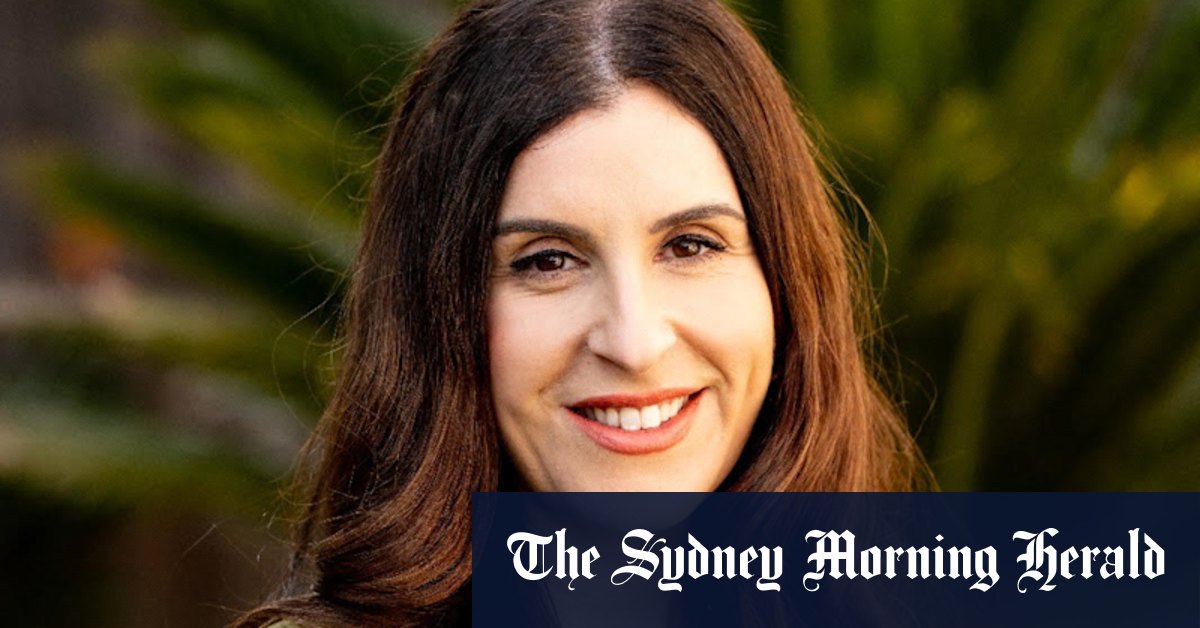
The Bendigo Writers Festival, a celebrated event that fosters dialogue, creative expression, and literary exploration, found itself at the center of controversy this year due to a contentious code of conduct issued to participants. The policy, released just days before the festival, sparked widespread criticism and resulted in a significant number of authors withdrawing from the event.
The Code of Conduct and Its Impact
In July, organizers introduced a code of conduct for participants in the La Trobe Presents segment of the festival. The document called for authors to “avoid language or topics that could be considered inflammatory, divisive, or disrespectful.” This unprecedented move raised concerns about freedom of speech while creating a ripple effect among participants and audiences alike.
One of the festival’s most debated moments arose with the withdrawal of Dr. Randa Abdel-Fattah, a notable Palestinian-Egyptian writer and academic, from the event. Scheduled to discuss her book in a panel titled “On Reckonings,” alongside UTS law professor Katherine Biber and author Paul Daley, Abdel-Fattah was asked to sign the code just two days before her appearance. The request prompted her to withdraw, citing the policy’s stifling nature.
A Clash Over Free Expression
Dr. Abdel-Fattah criticized the code, describing it as a “gag order” that undermines the core principles of creativity and dialogue. She highlighted its potential to silence voices that challenge conventional narratives, particularly on politically sensitive topics like the war in Gaza. She stated, “The policies of respect and inclusion are being weaponized to silence a Palestinian-Egyptian Muslim woman.”
The backlash extended beyond just one participant. Reports from the Bendigo City Council revealed that nearly 60 percent of festival participants withdrew from the event in protest of the code. Prominent voices within the industry also expressed their concerns, arguing that writers’ festivals are meant to embrace open dialogue, not curtail it.
Organizers Defend the Decision
La Trobe University and the City of Bendigo defended the code, noting that such policies are standard practices at similar events. However, industry insiders, including long-standing festival curator Cecile Shanahan, disagree. Shanahan, who resigned from her position earlier this year, said the code appeared “designed to appease external bodies” rather than uphold the festival’s purpose of fostering genuine dialogue.
“The festival has historically been a space for free expression,” she commented. “Issuing this code to authors just days before the event shows a lack of understanding about what these spaces are meant to achieve.”
The Role of Advocacy Groups
The tension escalated when a lobby group, identified as the Australian Academic Alliance Against Antisemitism (5A), warned organizers about Dr. Abdel-Fattah’s participation. The group labeled her as a “threat” due to her critical stance on Zionism and her book’s focus on the war in Gaza. The organizers’ decision to issue the code shortly afterward has led some to speculate whether the festival was influenced by external lobbying efforts.
A Roadmap for Future Festivals
The Bendigo Writers Festival controversy has sparked an industry-wide conversation about balancing inclusivity with the vital need for free expression. Festival organizers and stakeholders must reassess their priorities, ensuring future events provide a space for robust debate without yielding to external pressures.
For literary enthusiasts, this controversy serves as a reminder to support platforms that amplify diverse voices and fearless storytelling. If you’re inspired by such issues and want to explore their impact, consider reading Dr. Randa Abdel-Fattah’s book, “Discipline.” You can find it on Booktopia.
As the debate on freedom of speech versus inclusivity continues, the Bendigo Writers Festival remains a cautionary tale for organizers striving to create spaces where literary expression thrives, unhindered by restrictive policies.






